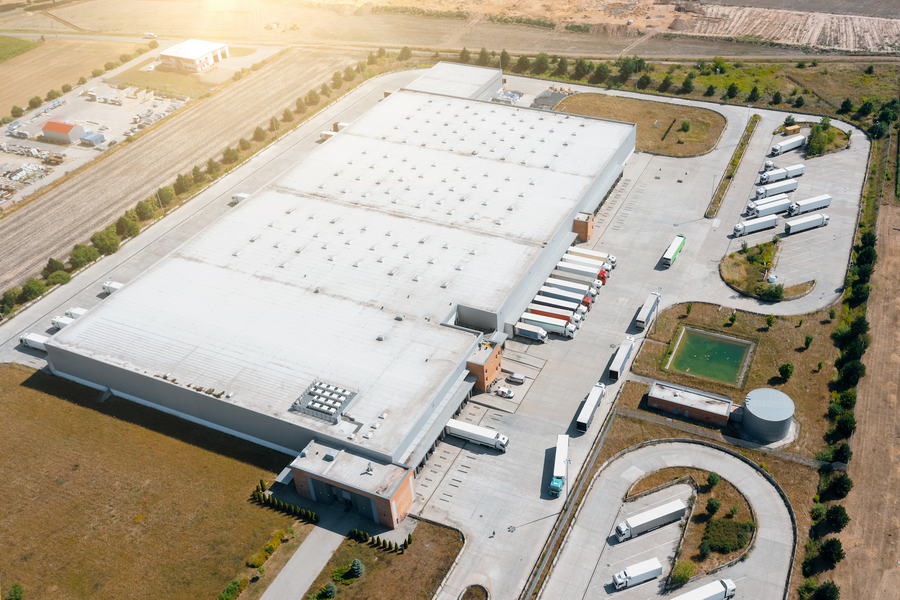Powerful tool manufacturers can harness to drive this evolution is Creatio, a low-code, process automation, and CRM platform. In this article, we will explore how Creatio can be utilized in the manufacturing sector, bringing about significant improvements in productivity, collaboration, and customer satisfaction.
1. Streamlining Operations and Process Automation
Creatio's low-code platform allows manufacturing companies to streamline their operations by automating repetitive tasks, reducing manual labor, and minimizing the risk of human error. The platform enables manufacturers to create custom workflows, easily integrating with existing systems and software. This leads to increased efficiency in areas such as production planning, inventory management, and quality control.
2. Enhancing Collaboration and Communication
Manufacturing organizations often struggle with fragmented communication channels, resulting in delays and inefficiencies. Creatio's CRM functionality provides a centralized platform for all stakeholders, including suppliers, customers, and employees, to communicate and collaborate seamlessly. This results in better decision-making, faster response times, and improved transparency across the organization.
3. Improving Customer Satisfaction and Retention
In today's competitive market, customer satisfaction is paramount. Creatio allows manufacturers to leverage its CRM capabilities to track customer interactions and feedback, providing valuable insights to drive improvements in product quality and customer service. This leads to increased customer satisfaction, loyalty, and ultimately, revenue growth.
4. Enabling Data-Driven Decision-Making
As manufacturers strive for operational excellence, access to accurate, real-time data is crucial. Creatio integrates with various data sources and provides powerful analytics tools, enabling organizations to make data-driven decisions. By harnessing this data, manufacturers can optimize production processes, minimize downtime, and anticipate demand fluctuations.
5. Supporting Innovation and Agility
The manufacturing landscape is continuously changing, and companies must be agile to be competitive. Creatio's low-code approach empowers manufacturers to rapidly develop and implement new applications or process changes, fostering innovation and agility. This means organizations can swiftly react to market changes, customer feedback, or operational challenges.
6. Enhancing Supply Chain Management
Effective supply chain management is a crucial aspect of any manufacturing operation. Creatio enables organizations to monitor their supply chain in real time, automate procurement processes, and effectively manage supplier relationships. This ensures that organizations can maintain optimal inventory levels, mitigate supply chain risks, and ensure timely production and delivery.
7. Facilitating Regulatory Compliance
Manufacturing industries often face stringent regulatory requirements and standards. Creatio’s platform provides an effective solution for managing and tracking compliance-related activities. Its document management capabilities, process mapping, and audit trail features help organizations adhere to regulatory standards and maintain quality assurance.
Conclusion
In conclusion, Creatio offers a comprehensive, scalable solution for manufacturers seeking to optimize their operations, enhance customer satisfaction, and remain competitive in the ever-evolving industrial landscape. Its low-code platform, process automation capabilities, and robust CRM system can bring about transformative changes in the manufacturing sector, fostering efficiency, innovation, and growth.
Manufacturing companies must embrace digital transformation to stay relevant, and Creatio provides an excellent platform for this transformation. As we move forward, the role of such advanced platforms in the manufacturing industry will become even more significant, not just as operational tools, but as strategic assets driving long-term success.




